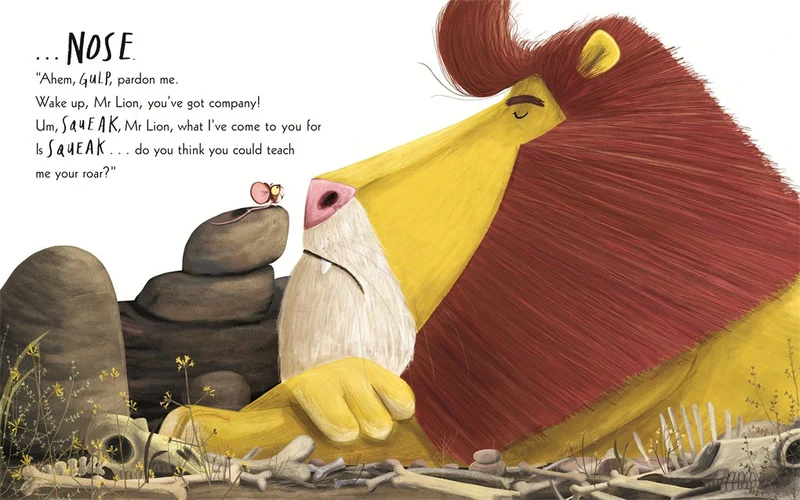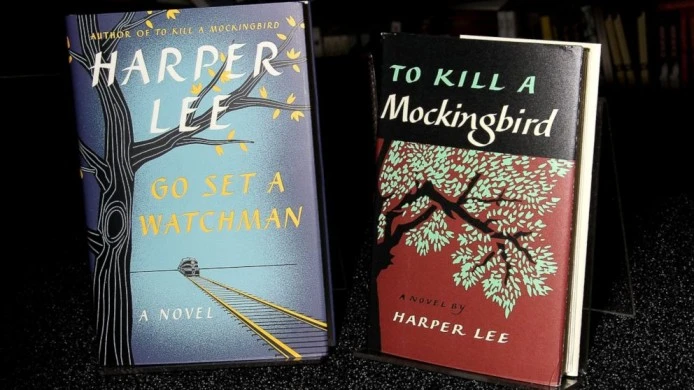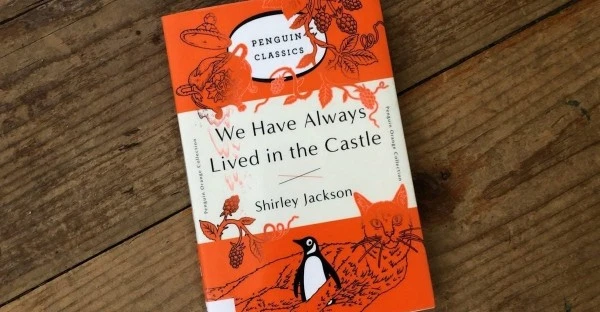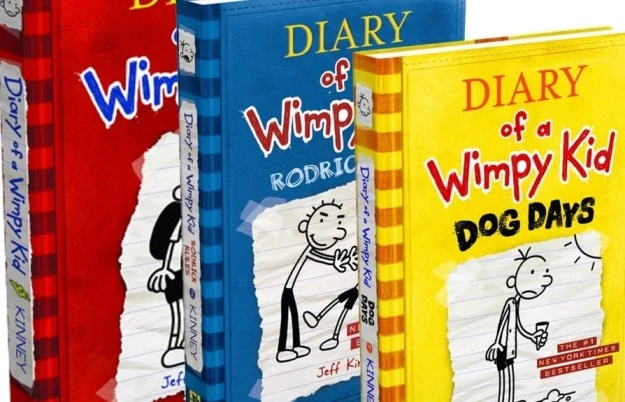For Lily King, a Great Book Always Starts With the Sentences

“You can’t make a good spaghetti sauce with rotten tomatoes,” says the author of “Writers and Lovers” and other novels.
What books are on your nightstand?
“Spring,” by Ali Smith, “Friday Black,” by Nana Kwame Adjei-Brenyah, “These Truths,” by Jill Lepore, “On Tyranny,” by Timothy Snyder, “Crooked Hallelujah,” by Kelli Jo Ford, “Shakespeare’s Kitchen,” by Lore Segal, “A Burning,” by Megha Majumdar, “Man’s Search for Meaning,” by Viktor Frankl, “Mai Sentita Così Bene,” by Rossana Campo, “Book of the Little Axe,” by Lauren Francis-Sharma, “Braised Pork,” by An Yu, “Epitaph of a Small Winner,” by Machado de Assis, and “The Education of an Idealist,” by Samantha Power, to name a few.
What’s the last great book you read?
“Becoming,” by Michelle Obama.
Can a great book be badly written? What other criteria can overcome bad prose?
No, not a great one. Not if it’s truly bad prose. Nothing can compensate. The entire experience comes through the sentences. You can’t make a good spaghetti sauce with rotten tomatoes.
Describe your ideal reading experience (when, where, what, how).
Morning. Cup of tea. Beside a fire or under a tree or (best of all) on a train in a foreign country. With a book that jolts my imagination in some way so that I am flipping to the back and scribbling ideas on the end pages.
[ Lily King’s new novel, “Writers & Lovers,” is our March pick for Group Text, a column devoted to excellent choices for book clubs. Read more about it here. ]
What’s your favorite book no one else has heard of?
I love this question. “The Evening of the Holiday,” by Shirley Hazzard. It has been a bible of mine since I discovered it while working in a used-book store in California in the ’90s. That bookstore was the best education I ever got.
What book should everybody read before the age of 21?
“Beloved,” by Toni Morrison. But that should just be the first time, not the last.
What book should nobody read until the age of 40?
I would never want to censor any work of literature, but I am a big believer in rereading, especially the books you thought you hated in your 20s. Those are full of revelations.
What do you read when you’re working on a book? And what kind of reading do you avoid while writing?
I become the literary version of a picky eater when I am writing the second half (the fraught half, when all the doubt and misery creep in) of a book. Very little tastes good because I’m looking for something so particular that will help me push through. I have no idea what will do the trick so I’m constantly tossing away books after 20 pages like a petulant child. When I’m over that phase, I’ll collect all the discarded books and start over without being quite so needy and demanding.
Has a book ever brought you closer to another person, or come between you?
All the time. Nearly every day. But what came to mind first was a moment when I was 24 and my college boyfriend and I were trying to make a long-distance relationship work. He came to visit me for a week in the summer and he brought “Love in the Time of Cholera” to read. He loved it so much and he’d read me passages from it that were beautiful and moved us, but they did not keep things from going badly that week. He left early, left that book behind for me, knowing that I’d love it, that we would love it together, but couldn’t love each other in the way we once had. And I did love that book, with all my heart.
What’s the most interesting thing you learned from a book recently?
I recently read “The Revisioners,” by Margaret Wilkerson Sexton and there’s this scene when a slave named Domingo has an opportunity to try to escape and he is reluctant because he does not want to leave his father, who is also his owner. It seemed a particular and excruciating conflict of the heart that I’d never seen explored before. It’s a really fine book.
Which subjects do you wish more authors would write about?
I don’t care about subjects. Anything becomes enthralling in the right hands.
What moves you most in a work of literature?
I’m most moved by small unexpected moments of human connection: the glove at the end of “The Evening of the Holiday”; the soap in “Love in the Time of Cholera”; the kiss by the urn between Sally Seton and Clarissa Dalloway. Those moments send a charge forward and backward through the novel.
Do you prefer books that reach you emotionally, or intellectually?
Both are a kind of thrill, but when they are done together, when a mind you are awed by brings you to an emotional place, this is the height of the literary experience for me. Colm Toibin and Tessa Hadley’s work come to mind.
How do you organize your books?
Because I’ve worked in bookstores, I arrange them alphabetically by author in sections: fiction, nonfiction, poetry, anthologies, travel, and so on. In the bedroom it’s a different story — piles of them by my bed and all along the wall.
What book might people be surprised to find on your shelves?
Many books on women in the military, more on the Beatles.
What kind of reader were you as a child? Which childhood books and authors stick with you most?
My older sister taught me to read early, so I don’t remember a time when I wasn’t reading. The picture books I recall are “Goodnight Moon” and “The Little Engine That Could” and “The Lonely Doll.” If I pick up one of those books now they are a portal to the rug on the floor of my bedroom where I read them over and over. Back then my chapter books were mostly fantasy, “The Chronicles of Narnia” and “A Wrinkle in Time” and “James and the Giant Peach.” So when my mother came home with a freshly published hardcover of “Are You There God? It’s Me, Margaret” when I was 7, it was my first encounter with realism, with regular human families and dialogue for pages, and that’s when I got the idea that I didn’t just want to read books, I wanted to write them.
How have your reading tastes changed over time?
I used to love a long, sprawling sentence full of imagery and detours to more imagery, and now I respond more to concision and precision and spare, efficient, stripped-down prose.
What’s the last book you recommended to a member of your family?
“Dept. of Speculation,” by Jenny Offill, to my husband; “Never Let Me Go,” by Kazuo Ishiguro, and “My Name Is Lucy Barton,” by Elizabeth Strout, to one daughter; and “Housekeeping,” by Marilynne Robinson, and “Her First American,” by Lore Segal, to the other.
Disappointing, overrated, just not good: What book did you feel as if you were supposed to like, and didn’t? Do you remember the last book you put down without finishing?
“Vanity Fair,” by William Makepeace Thackeray. But I didn’t get very far. Should I try again?
You’re organizing a literary dinner party. Which three writers, dead or alive, do you invite?
Jane Austen, Virginia Woolf, and Toni Morrison. I would listen behind a curtain, weeping and taking notes.




